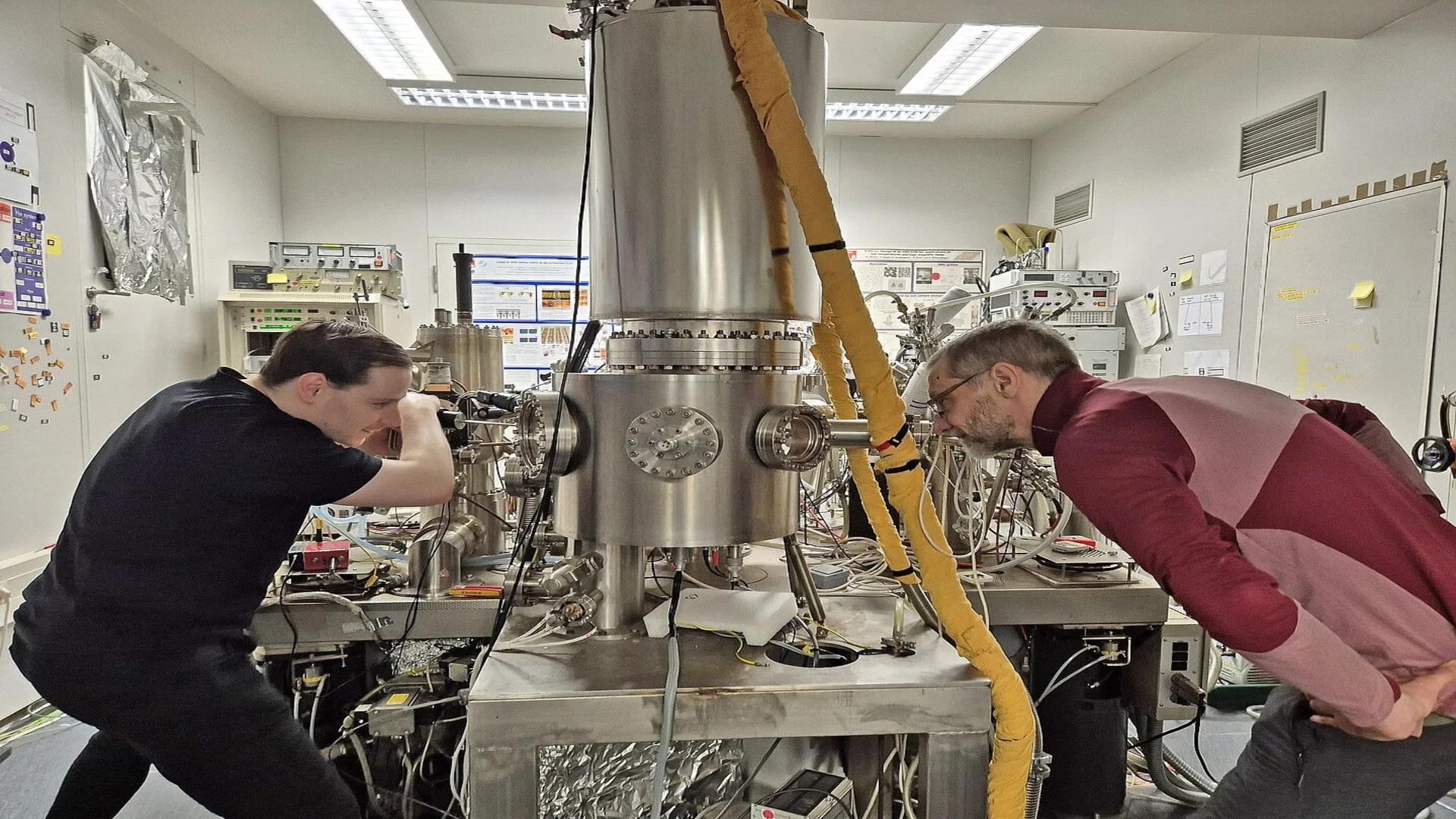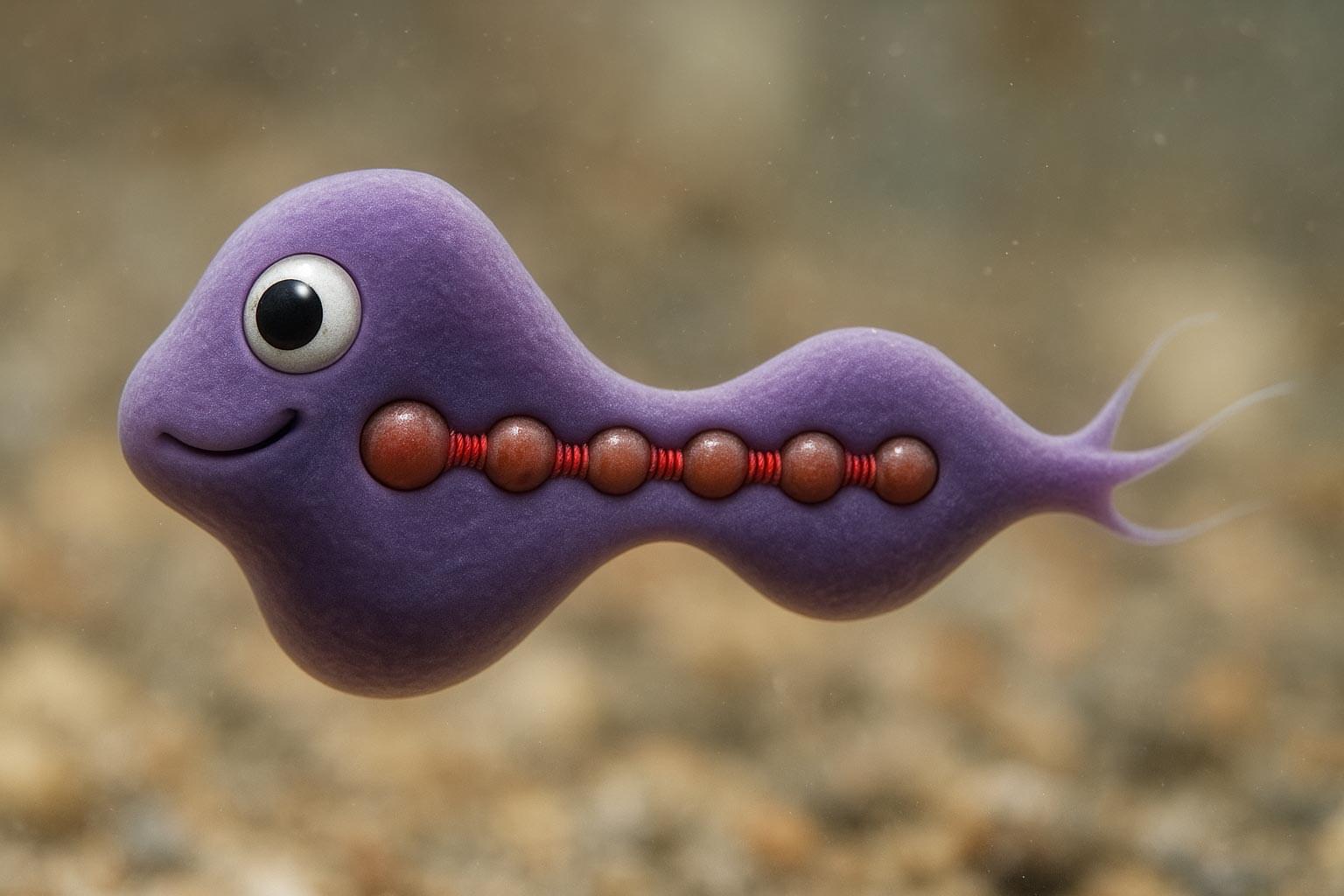The Big Bang is often described as the explosive birth of the universe – a singular moment when space, time and matter sprang into existence. But what if this was not the beginning at all? What if our universe emerged from something else – something more familiar and radical at the same time?
In a new paper, published in Physical Review D, my colleagues and I propose a striking alternative. Our calculations suggest the Big Bang was not the start of everything, but rather the outcome of a gravitational crunch or collapse that formed a very massive black hole – followed by a bounce inside it.
This idea, which we call the black hole universe, offers a radically different view of cosmic origins, yet it is grounded entirely in known physics and observations.






